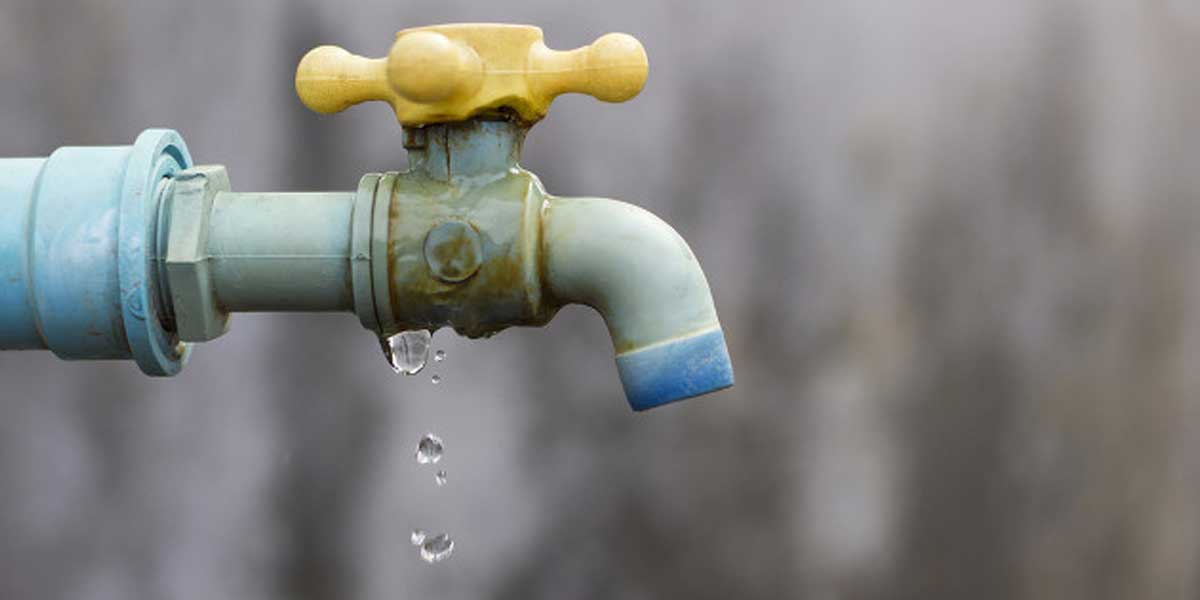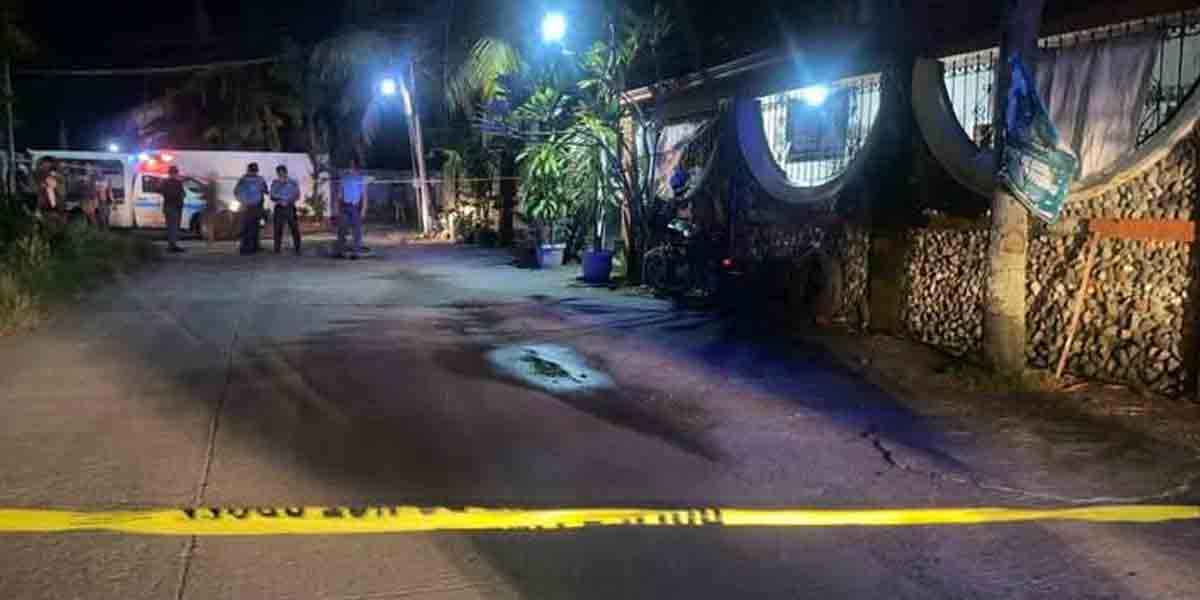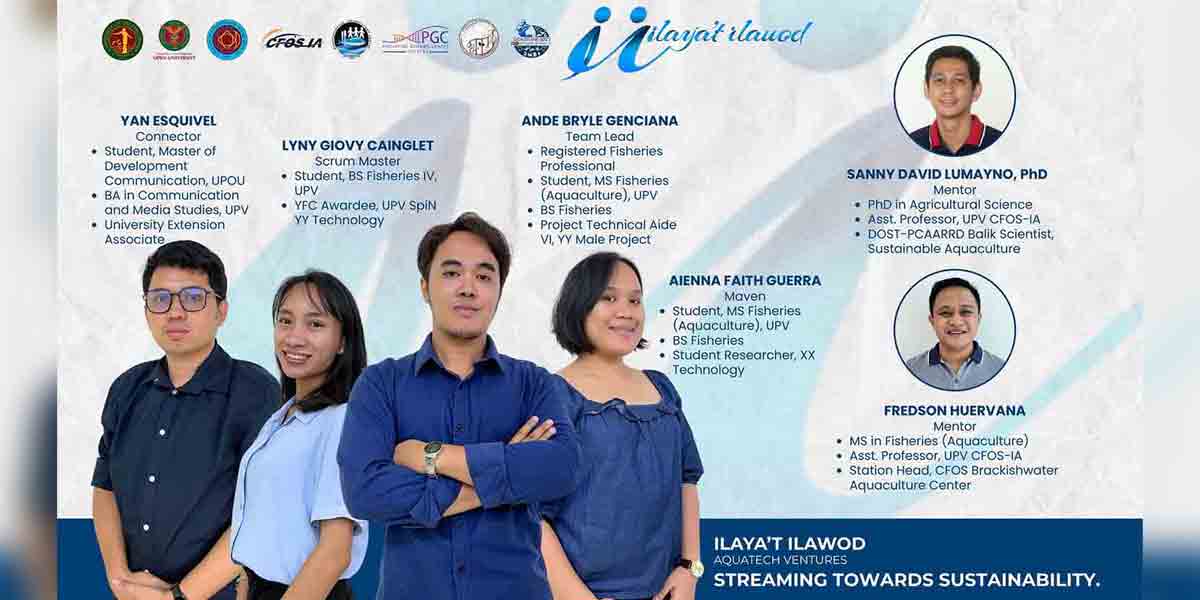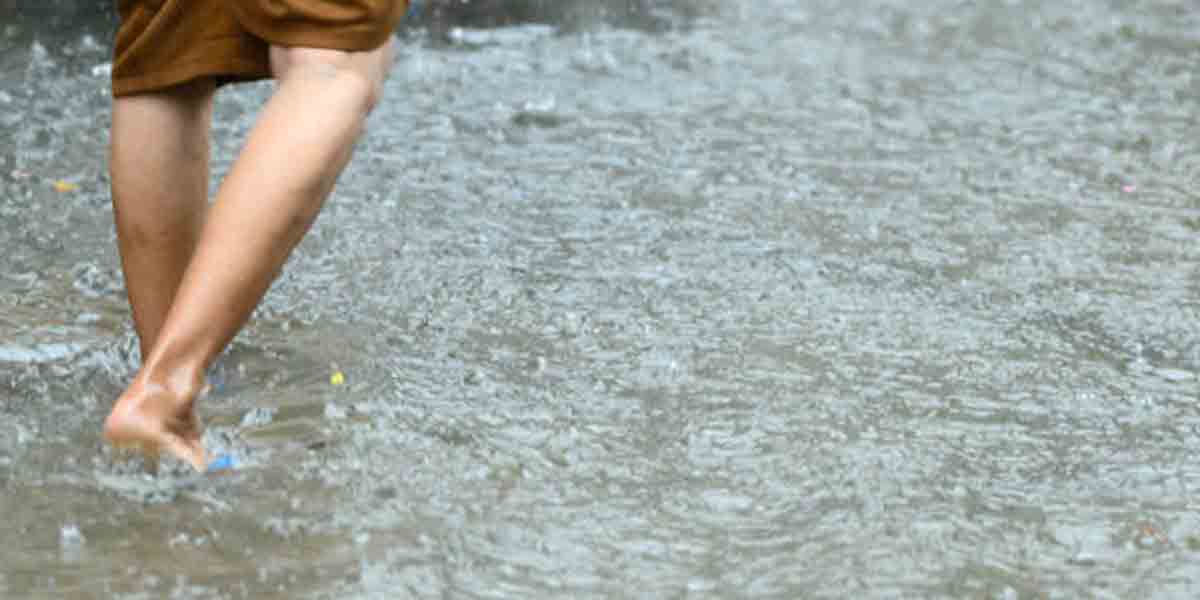In a historic development for maritime professionals, the long-awaited Republic Act 11982 (Magna Carta of Filipino Seafarers) has been signed into law, heralding a new chapter of enhanced rights and protections for seafarers.
The enactment concludes a two-decade-long legislative pursuit, with the House of Representatives advocating for the bill since 2004.
Rep. Kristine Alexie Besas Tutor (Bohol 3rd District) and Chair of the Committee on Civil Service and Professional Regulation and one of the authors of RA 11982, spoke on the significance of this legislation.
“Finally, the 20-year chapter ends, and a new one begins. Seafarers now have what is essentially a labor code for their sector,” Rep. Tutor stated.
The Magna Carta extends protections to all Filipino seafarers, whether working domestically or overseas, covering a wide range of maritime professions regulated by the Professional Regulation Commission (PRC).
Tutor emphasized the law’s inclusiveness and its alignment with international standards set by the International Maritime Organization (IMO) and the European Maritime Safety Agency (EMSA).
Clarifying common misconceptions, Rep. Tutor asserted that the law encompasses domestic shipping and passenger vessels, excluding fishing vessels, ships of traditional build, and government-operated non-commercial ships.
“The many implementing rules and regulations must be consistent with the letter and intent of the law, as well as national policies,” she added, signaling her commitment to overseeing the law’s implementation.
The Magna Carta addresses crucial aspects such as inspection and enforcement, shipboard training, maritime higher education, and curriculum, involving the roles of the Commission on Higher Education (CHED) and the Coast Guard.
Tutor also highlighted the focus on reducing human error, substandard vessels, and non-compliance that often lead to maritime accidents.
“This Magna Carta was written, in part, to ensure we have much fewer collisions, boat sinking, oil spills, and tragedies because these mishaps are often the result of human error, substandard vessels, and non-compliance,” Rep. Tutor remarked, emphasizing the law’s potential to significantly improve maritime safety and compliance.





















